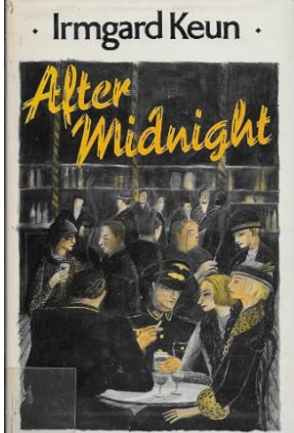Natalie Haynes - A Thousand Ships.
Natalie Haynes. A Thousand Ships. (United Kingdom: Pan Macmillan, 2019)
This novel is the story of the Trojan War told from the women’s point of view. The cause of the war is traced back and back further, so the blame does not lie with Helen. Female characters of all statuses are given voice to present their perspectives. The muse, Calliope, speaks. Haynes creates voices, tones, and points of view for the female characters. I found the chapter on Laodamia particularly moving.
In the middle of the book Calliope says, ‘[Is] Oenone less of a hero than Menelaus? He loses his wife so he stirs up an army to bring her back to him, costing countless lives and creating countless widows, orphans and slaves. Oenone loses her husband and she raises their son. Which of those is the more heroic act?’ (p. 177). Calliope, as muse to the storyteller, acts as a commentator. In the concluding chapter of the novel, Calliope says, ‘I have picked up the old stories and I have shaken them until the hidden women appear in plain sight’ (p. 339), which is what Haynes has achieved.
A strength of the book is its exploration of themes such as grief, loss, and resilience. Haynes does not shy away from the brutal realities of war but also portrays the ways in which women find strength and meaning in the face of adversity. The book also challenges traditional notions of heroism and masculinity and shows women behaving heroically in the Trojan War.
It is a literary and popular success.



Comments
Post a Comment